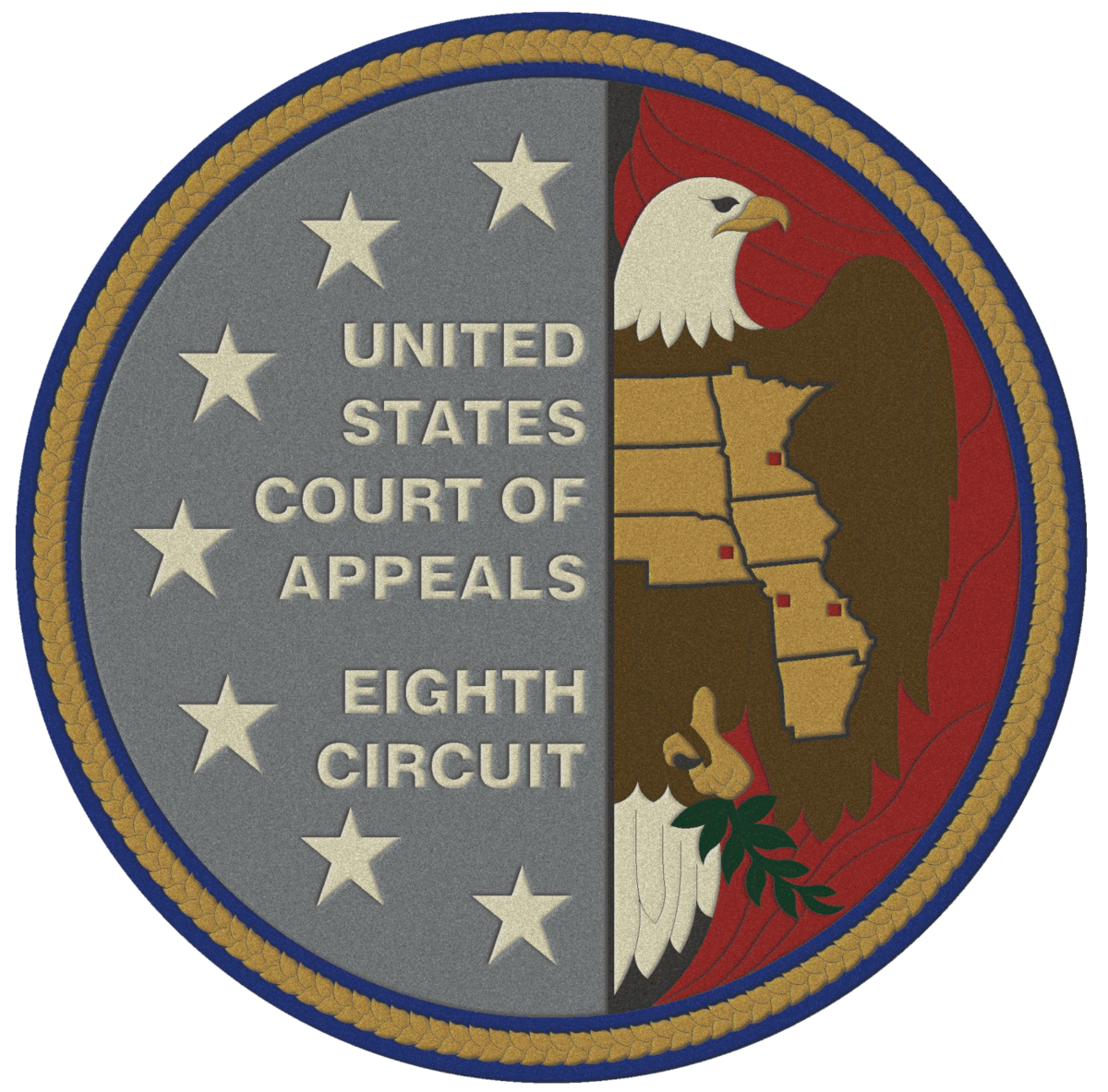This post was originally published on Forbes Jun 16, 2015
Capitalizing your own business with your own tax-deferred retirement money has a really attractive logic to it. Based on a pretty unscientific bit of sampling on my part, most of the population is divided between people who have no net worth to speak of and people whose net worth consists almost entirely of home equity and retirement accounts. So using that retirement money as equity for a business seems really attractive. I never liked the idea myself. It always struck me that the rules surrounding retirement accounts made it just too easy to unwittingly have a “prohibited transaction”. That is what seems to have happened to Terry and Shelia Ellis who, earlier this month, heard from the Eighth Circuit.
On March 28, 2011, the Commissioner of the Internal Revenue Service sent the Ellises a notice of deficiency, identifying a $135,936 income-tax deficiency for 2005 or, in the alternative, a $133,067 deficiency for 2006. The notice also imposed a $27,187 accuracy-related penalty for 2005 or, in the alternative, a $26,613 accuracy-related penalty and $19,731 late-filing penalty for 2006. The Commissioner determined, in relevant part, that Mr. Ellis engaged in prohibited transactions under 26 U.S.C. § 4975(c) by (1) directing his IRA to acquire a membership interest in CST with the expectation that the company would employ him, and (2) receiving wages from CST. The notice explained that, as a result of these transactions, the IRA lost its status as an individual retirement account and its entire fair market value was treated as taxable income. See 26 U.S.C. § 408(e)(2).
The tax court properly found that Mr. Ellis engaged in a prohibited transaction by directing CST to pay him a salary in 2005. The record establishes that Mr. Ellis caused his IRA to invest a substantial majority of its value in CST with the understanding that he would receive compensation for his services as general manager. By directing CST to pay him wages from funds that the company received almost exclusively from his IRA, Mr. Ellis engaged in the indirect transfer of the income and assets of the IRA for his own benefit and indirectly dealt with such income and assets for his own interest or his own account.
Advisers that encounter taxpayers who have programs that appear to have used rollover funds to create a business should consider advising the clients to have the structure reviewed by counsel skilled in ERISA matters not associated with those promoting such programs for possible exposure and any potential ways to mitigating any possible damages. And, clearly, a client considering adopting such a program to use their retirement funds to start a business should clearly seek independent counsel in this area.
Direct business investments from IRAs are dynamite. If you must use retirement plan funds for a business start-up, it may be wiser to take a taxable withdrawal and use the after-tax funds to make the investment. If there is any way to fund it without retirement plan funds, that would be wiser still.































































































